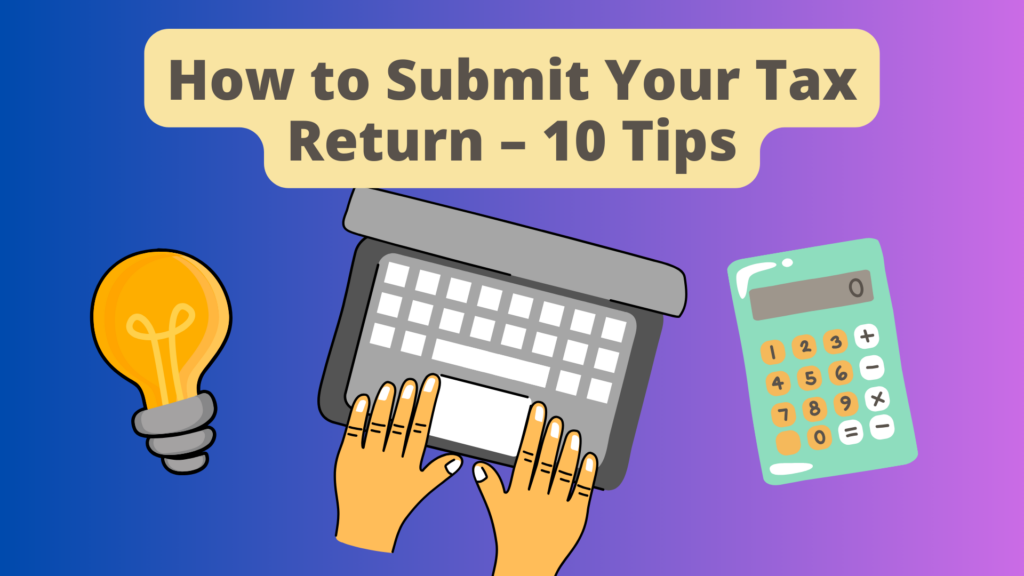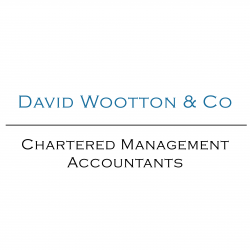31 January is the annual self-assessment deadline, and it can be a stressful time of year for many. Here’s our guide to submitting your tax return and reducing the anxiety.

Who Needs to Submit a Tax Return?
Typical people who usually have to carry out self-assessment include:
- The self-employed
- People with more than one job
- People drawing a pension while continuing to work
- Directors and partners of limited companies
- Anyone earning a certain amount from investments (including rent from property)
- People claiming child benefits who have earned above a certain amount
- Anyone who receives a P800 form (this comes from HMRC stating that you didn’t pay enough tax).
Not sure if you need to complete a tax return? Check on the government website.
Our Top Tips
1. Start Early
Officially, you’re supposed to register for Self-Assessment by 5 October every year, but there’s no penalty for missing that deadline. To be safe, though, apply for your UTR (Unique Taxpayer Reference) at least 20 days before the submission deadline, as there is no such thing as a temporary or emergency UTR number.
A common mistake is losing your Government Gateway user ID – or forgetting to register. This can prevent you from filing your Self-Assessment tax return and result in penalties if you attempt to file close to the 31 January deadline.
To register, visit HMRC. You’ll need your National Insurance number, a UK address, and either a recent payslip, P60, or a valid UK passport. It may take up to 10 days to receive your activation code by post.
2. Don’t Be Late
There is an automatic £100 late filing penalty if your 2022-23 tax return is submitted after 31 January 2024 and penalties increase to £10 a day if you’re more than three months late.
Late payment interest of 7.75% and a 5% penalty on unpaid tax after 1 March 2024 could also apply.
3. Check If You Qualify for Marriage Allowance
This tax rebate applies to couples where one partner earns less than the personal allowance (£12,570 in 2023-24) and the other earns more but is not a higher-rate taxpayer. The lower earner can transfer up to £1,260 of their allowance, potentially reducing the couple’s tax by up to £252 a year.
4. Claim Gift Aid at the Higher Rate
If you’re a higher-rate taxpayer, donating through Gift Aid allows you to claim back the difference between the basic and higher tax rates on your donations. For example, donating £100 with Gift Aid makes the donation worth £125, and you can reclaim 20% of that – an additional £25.
Check your emails for receipts from sites like JustGiving to ensure you’ve recorded all eligible donations.
5. Plan for Payments on Account
Payments on account are advance payments towards your next tax bill, due by 31 January and 31 July each year. Each payment represents half of your previous year’s tax bill, including any Class 4 National Insurance contributions if you’re self-employed.
You won’t need to make payments on account if:
- Your last Self Assessment bill was under £1,000, or
- You’ve already paid over 80% of all tax you owe.
If your business is expanding, plan for potentially higher payments on account to avoid unwanted surprises.
6. Claim All Legitimate Expenses
Allowable expenses reduce your tax bill and include costs incurred ‘wholly and exclusively’ for business purposes, such as:
- Office costs (e.g., equipment, stationery).
- Travel expenses (e.g., fuel, parking, train fares).
- Staff salaries and pensions.
- Business premises costs (e.g., rent, utilities).
- Advertising and marketing.
Keep detailed records and receipts, as HMRC may request proof. Claiming illegitimate expenses can lead to penalties of up to 100% of the tax due.
7. Don’t Forget Pension Contributions
Higher-rate taxpayers often miss out on claiming tax relief for private pension contributions. Basic-rate relief is usually added automatically by your pension provider, but higher and additional-rate taxpayers must claim the extra 20% or 25% via Self-Assessment.
The rebate can be paid as a tax reduction, a refund, or through an adjusted tax code.
8. Double-Check the Details
Errors can delay your return or lead to penalties. Double-check:
- Your name is spelled correctly.
- Figures are accurate.
- Tax codes are correct.
Review your entries thoroughly before submission.
9. Seek Professional Advice
For complex finances, an accountant or tax advisor can help you identify savings, ensure compliance, and reduce stress. While there’s a cost involved, the benefits often outweigh the expense.
10. Keep Copies of Everything
After submission, save a copy of your return and confirmation. These records are invaluable for resolving discrepancies or preparing future returns.
Filing your tax return doesn’t have to be a nightmare. By starting early, staying organised, and using these tips, you can submit your return with confidence.
Worried about Self-Assessment? Let us help. As small business accountants in Lancashire, we’re here to support you with tax returns, accounting, payroll services and much more. Call us today.

